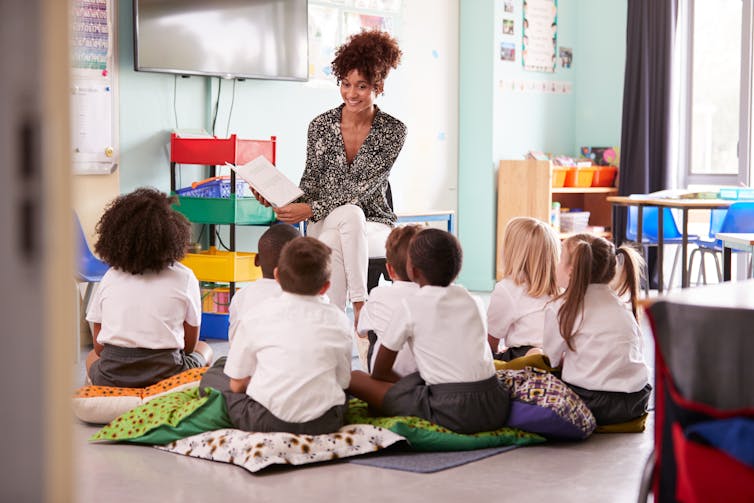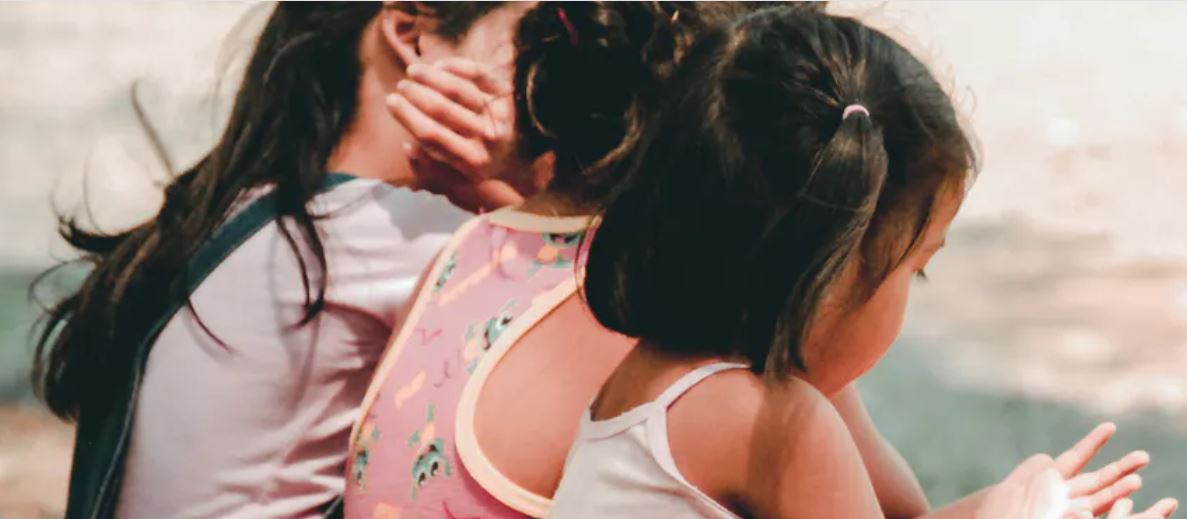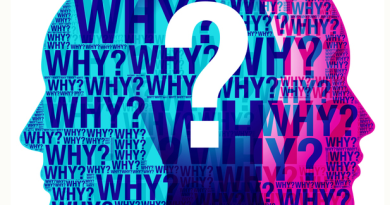Why children need to be taught more about their human rights
Many children have an innate sense of equality, fairness, and justice and know how these concepts relate to their day-to-day lives. A lot of children also have the confidence to voice their opinions when they feel a lack of justice. But unfortunately, this is not always that case – especially for children whose personal rights are violated and who face mistreatment, often behind closed doors.
A recent report from the Office of the Children’s Commissioner estimates that 2.3 million children in England are living with risk because of vulnerable family background. This includes children in the care system and children known to have experienced personal harm as well as those living in families where there is a high likelihood of harm.
Worryingly, an estimated 829,000 of these children are not known to social services or to children’s mental health services so they are not receiving any support. Added to this, since the beginning of the COVID-19 pandemic, rates of domestic abuse have increased, meaning even more children may be living in homes where they are at risk of witnessing or being on the receiving end of, violent behavior.
Children need to know how to get help when they feel at risk. They also need to understand how rights apply to them and their lives – and while a limited amount of this is done in schools, it currently doesn’t go far enough.
Children’s rights
Children’s rights are a subset of human rights. The United Nations Convention on the Rights of the Child sets out the rights that all children worldwide should have access to and is one of the most widely adopted international treaties of all time.
In England, specific teaching about human rights is included in Relationships Education for primary age pupils and in Relationships and Sex Education for secondary age pupils. Both primary and secondary pupils also learn about human rights in Health Education and in Citizenship education.

As part of these subjects, in primary schools, aspects relating to rights education includes pupils learning to recognize if relationships make them feel unhappy, unsafe, or uncomfortable. Pupils also learn how to report any concerns or abuse and where they can get help.
In secondary schools, pupils are taught about issues such as how to recognize when a relationship is unsafe, what constitutes sexual harassment and sexual violence and why these are unacceptable. They are also taught about legal rights and responsibilities regarding equality, online rights, as well as how to report and get advice if needed for themselves or others. Civil liberties enjoyed by the citizens of the UK are also looked at, as are the nature of rules and laws and the justice system.
These subjects include some important teaching about rights, but the focus is on factual information about rights and the help available. What’s lacking is teaching children specifically about children’s rights and how these rights apply to their own situations. More also needs to be done to empower children with the confidence to voice concerns in cases where their rights are not respected.
Rights Respecting Schools
Unicef UK has developed a Rights Respecting Schools Award. In working towards this award, schools use the Convention on the Rights of the Child to teach pupils about their rights and how these apply in terms of their own lives.
Around 5,000 schools are working through the Unicef award, which equates to about 1.6 million children becoming more aware of their rights. Research shows that children in schools working toward this award develop the confidence to disclose instances where their rights have been disrespected. And this has led to safeguarding issues being identified.
A senior manager in one of the primary schools explained the impact it has made:
We always get some disclosures when we talk about rights at the beginning of the year…the [children] feel empowered to tell someone and that is something that probably wouldn’t have happened if it wasn’t for this [the award].
But not all children attend schools where the award is on offer. And even when they do, insufficient emphasis is placed on ensuring all pupils are not only made aware of rights and how these apply to them but have the skills and confidence to act and get help in cases where rights are not respected.
‘Know your rights’
Given that under lockdown many children may be spending long periods of time with adults who may make them feel unsafe and have fewer opportunities to voice these concerns, the need for children’s rights education to be incorporated into all levels of schooling is urgent.
The focus needs to be not only on the transmission of knowledge and facts about children’s rights but, as asserted by the United Nations World Programme for Human Rights Education, it must also ensure children acquire the skills to apply their rights in a practical way in daily life. And this means teaching children how to take action to defend and promote their rights as and when needed.
Source: https://theconversation.com/why-children-need-to-be-taught-more-about-their-human-rights-139431




